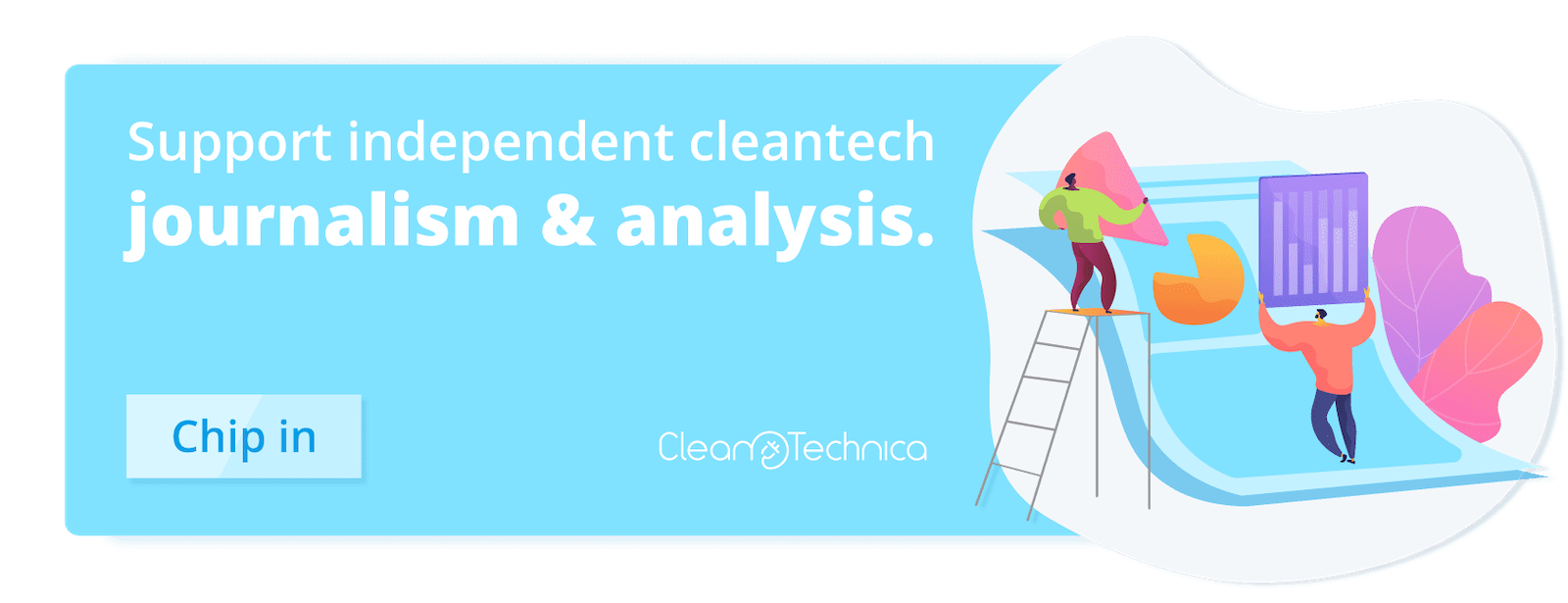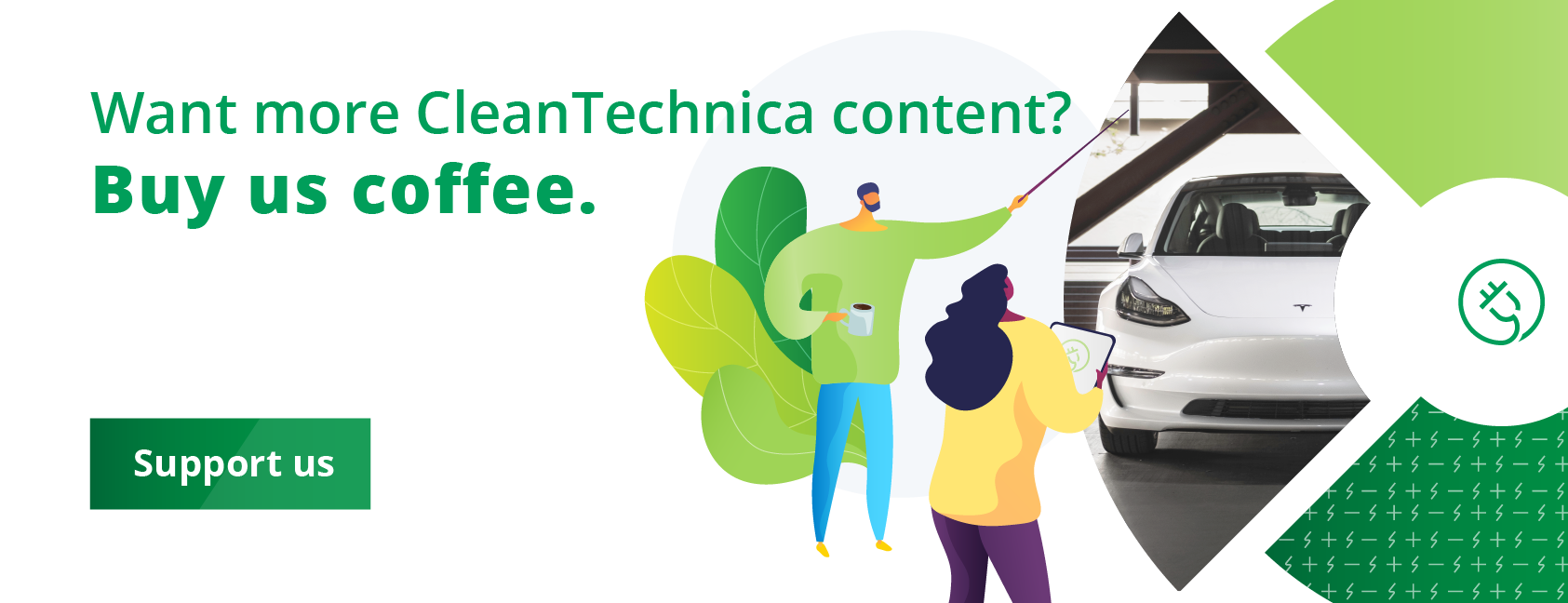
The next G20 economic summit takes place in New Delhi, India, starting July 22, 2023. The theme this year is “One Earth, One Family, One Future.” That is a lovely slogan. The question now is, will the potentates and grand exalted pooh-bahs who gather in New Delhi this year do anything but protect their own parochial interests? The new head of the World Bank, Ajay Banga, has issued a call to those attending the confab to actually do something other than issue flowery press releases.
Yesterday, we reported on the agenda that Sultan Al Jaber, the president of the COP 28 conference in Dubai, has created. In the run up to the G20 event, Banga has issued a similar manifesto. These world leaders are certainly starting to talk the talk. The question now is can they translate their words into action. Here is what Ajay Banga had to say.
In an environment of intertwined challenges — including an existential climate crisis, a fledgling pandemic recovery, and a crippling war on the borders of Europe — the World Bank has never been more relevant. But, to deliver solutions at scale, the Bank must adopt a new vision that is worthy of its stakeholders’ shared aspirations.
World leaders are all too familiar with the global community’s challenges — loss of progress in our fight against poverty, an existential climate crisis, a fledgling pandemic recovery, and a crippling war on the borders of Europe. But beneath the surface, a deep mistrust is quietly pulling the Global North and South apart at a time when we need to be uniting if we are to have any hope of overcoming these intertwined crises.
The Global South’s frustration is understandable. In many ways, these countries are paying the price for the prosperity of others. When they should be ascendant, they’re concerned promised resources will be diverted to Ukraine’s reconstruction. They feel their aspirations are being constrained because energy rules aren’t applied universally, and they’re worried a burgeoning generation will be locked into a prison of poverty.
But the truth is that we cannot endure another period of emission-intensive growth. We must find a way to finance a different world, one where climate resilience is strong, pandemics are manageable, food is abundant, and fragility and poverty are defeated.
Our challenges don’t respect lines on a map and won’t be adequately addressed piecemeal. They are affecting us all — but we’re feeling the effects differently. In the Global North, climate change means emissions reductions, but in the Global South, it is a matter of survival, because hurricanes are stronger, heat-resistant seeds are in short supply, drought is destroying farms and towns, and floods are washing away decades of progress.
In the middle is the World Bank. While questioning its relevance, the world is looking to the 78 year old institution to deliver solutions at scale. To do that, the Bank must adopt a new vision and mission that is worthy of our shared aspirations. In my view, the vision for the World Bank is simple: to create a world free of poverty on a livable planet.
But that vision is threatened by these intertwined crises — and we are in a race against time. This urgency motivates us to write a new playbook that will drive meaningful development, leading to better quality of life and jobs for people.
Our playbook must reach everyone, including women and young people, and the development it underpins must be resilient to shocks, such as those related to climate change, biodiversity loss, pandemics, and conflict and fragility. It also must be sustainable, delivering steady economic growth and job creation, gains in health and education, credible fiscal and debt management, food security, and access to clean air, and water, and affordable energy.
Anyone who has studied the World Bank, as I have, knows that it is worthy of admiration, having emerged from conflict to channel countries’ energies from warfare to the pursuit of peace. But history and legacy cannot help us now, our legitimacy must be earned daily through the impact the Bank has.
Next week, a diverse set of leaders from the world’s 20 largest economies will gather in India for the G20 Finance Ministers and Central Bank Governors Meeting. Among the items on the agenda will be the reform of all multilateral development banks under the umbrella of what we call the Evolution Road Map.
Implementing the road map can’t be business as usual; urgency, purpose, and a warlike effort are required. The World Bank is embracing this period of change.
Already, we are working to identify new efficiencies that will allow us to do more in less time – incentivizing output, not input, and ensuring our focus is not limited to money out the door but how many girls are in school, how many jobs are created, how many tons of carbon dioxide emissions are avoided, and how many private-sector dollars are mobilized.
We have developed a work plan to stretch every dollar, while preserving our AAA credit rating. We are digging deep to boost our lending capacity, finding ways to leverage callable capital, and creating new mechanisms like hybrid capital that could unlock untold resources to deliver results. We are seeking to expand and evolve concessional financing so it can help more low-income countries achieve development goals, while thinking creatively about uses that will incentivize cooperation across borders and tackle shared challenges.
But nearly all estimates make clear adequate progress requires trillions of dollars annually. So, we are opening our doors to private sector partners, working in tandem to support the meaningful, sustainable progress that has eluded us so far.
Mobilizing the resources needed to generate growth and jobs, which we know is the single best way to drive down poverty, is hard work that will test our shared sincerity and capacity. Fortunately, our institution is designed to take on difficult challenges. But, while we are committed to building a better Bank, in time we will need a bigger Bank.
The World Bank is merely an instrument that ultimately reflects the ambition of those on whose generosity it relies, and the progress we aspire to achieve comes at a cost. But if there is wisdom in our origins, it is that monumental challenges require a unified, and scaled, response.
Development delayed is development denied, which is why we must overcome the effects of inefficient multilateralism, geopolitical competition, and the mistrust that has become widespread across the Global South. The World Bank must be a refuge from these forces, a sanctuary for cooperation, collaboration, and creativity. If we can build that Bank, we can do big things together. We can eradicate poverty on a livable planet.
Theory Versus Reality At The G20
Reading that statement, it seems that Banga has struck just the right note of determination and optimism. It is certainly diametrically opposite to the policies of the prior World Bank president, David Malpass, who was forced to step aside after he steadfastly refused to say whether human activity was associated with a warming planet. Will Banga’s words resonate with the G20 group? Maybe.
The motto for the conference — One Earth, One Family, One Future — is very touchy-feely. Its has sort of a Christianity Lite vibe to it. Some might even dare to call it “woke.” But the world is a messy place with clashing national, social, and business agendas. The Global North has been abusing the Global South since 1492. What makes anyone think that is suddenly going to end?

The general feeling among the haves is and always has been, “I got mine. Too bad about you.” There is little reason to think that attitude is going to change any time soon, no matter what flowery phrases flow from the pen of media relations types.
There will be lots of huddled conferences and some polite arm twisting at the G20 and in the end, a flood of feel good press releases will follow. There will be photos of people who despise each other smiling and shaking hands. But will anything change?
Here at CleanTechnica’s glitzy global headquarters, we have an idea that we think would lead to some real progress at this year’s G20 meeting in New Delhi. Once all the muckety-mucks are inside, turn off the air conditioning and lock the doors!
I don’t like paywalls. You don’t like paywalls. Who likes paywalls? Here at CleanTechnica, we implemented a limited paywall for a while, but it always felt wrong — and it was always tough to decide what we should put behind there. In theory, your most exclusive and best content goes behind a paywall. But then fewer people read it! We just don’t like paywalls, and so we’ve decided to ditch ours. Unfortunately, the media business is still a tough, cut-throat business with tiny margins. It’s a never-ending Olympic challenge to stay above water or even perhaps — gasp — grow. So …
Sign up for daily news updates from CleanTechnica on email. Or follow us on Google News!
Have a tip for CleanTechnica, want to advertise, or want to suggest a guest for our CleanTech Talk podcast? Contact us here.
Former Tesla Battery Expert Leading Lyten Into New Lithium-Sulfur Battery Era:
CleanTechnica uses affiliate links. See our policy here.




